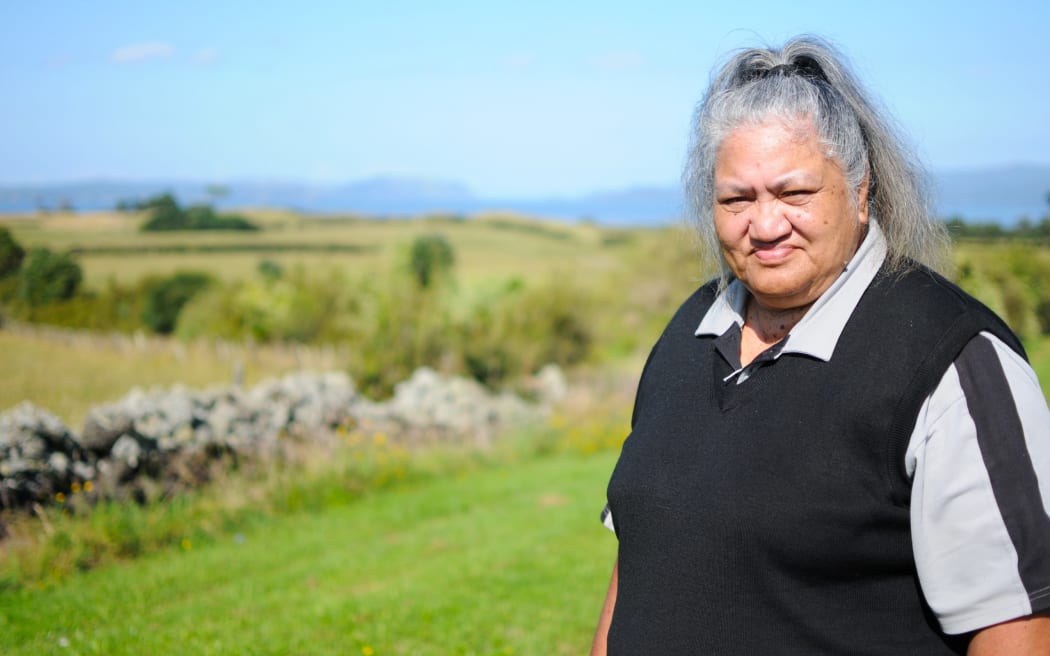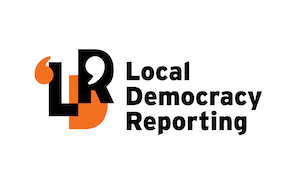
By Stephen Forbes, Local Democracy Reporter
Illegally dumped rubbish at Ihumātao, one of New Zealand’s most archaeologically significant and indigenous protected sites, has been piling up as high as the trees.
Turehou Māori Wardens Trust chairperson Mereana Peka is calling for gates to be installed to deter fly-tippers.
Peka regularly visits the site on Ihumātao Rd adjoining Auckland’s Ōtuataua Stonefields Reserve near the international airport to check for people drinking — in breach of the area’s liquor ban. She noticed more and more waste being left in the area towards the end of last year.
Peka took photos late last month of rubbish piled as high as the trees between Ellets Beach access and the Ihumātao stonefields.
“It’s not the first time it’s happened,” she said. “The area isn’t seen from the main road and it’s hidden away and a lot of people don’t even know about it.”
But she said the fact the rubbish had been dumped right next to the archaeologically significant stonefields made the offending even more brazen.

Peka took photos late last month of rubbish piled as high as the trees between Ellets Beach access and the Ihumātao stonefields.
“It’s not the first time it’s happened,” she said. “The area isn’t seen from the main road and it’s hidden away and a lot of people don’t even know about it.”
But she said the fact the rubbish had been dumped right next to the archaeologically significant stonefields made the offending even more brazen.
The rubbish in Peka’s photos includes everything from commercial waste and furniture to tyres, mattresses, pallets, timber and household rubbish on the side of the road in Ihumātao.

Copycat behaviour
Peka said there appeared to be some copycat behaviour, with offenders appearing to follow the actions of others.
She believed the council needed to install gates to prevent after-hours access to Ellets Beach.
Archaeologists have documented the long history of Māori settlement at Ihumātao stretching back as far as 1450. And gardening in the area’s lava fields dates back to the late 16th century.
Ihumātao was confiscated by the Crown in the 1860s during the Crown’s invasion of the Waikato.
The land had been owned by the Wallace family after it was confiscated by the Crown.
Fletcher Building bought the block in 2014 and had planned to build housing on the site which led to the occupation and protests.
In 2020, the government struck a deal with the Māori King, Tūhetia, to buy the disputed land at Ihumātao from Fletcher Building for $29.9 million and hold it in trust.
illegal dumping problem
Auckland Council senior waste advisor Jan Eckersley said the recent illegal dumping in Ihumātao Rd that Peka referred to was first reported to its call centre on December 30 and removed on January 4.
The area had had problems with people dumping waste illegally and similar incidents were recorded in the area in January, March, April, June and December last year, Eckersley said.
“We have had issues with illegal dumping on Ihumatao Rd in the past as it is a difficult road to monitor or capture offenders with surveillance cameras,” she said.
The problem is not isolated. Figures released by Auckland Council in 2022 in the year to September showed it dealt with 1699 tonnes of rubbish dumped illegally around the city — just over 32 tonnes per week.
Local Democracy Reporting is Public Interest Journalism funded through NZ On Air. Asia Pacific Report is a partner of the project.









































